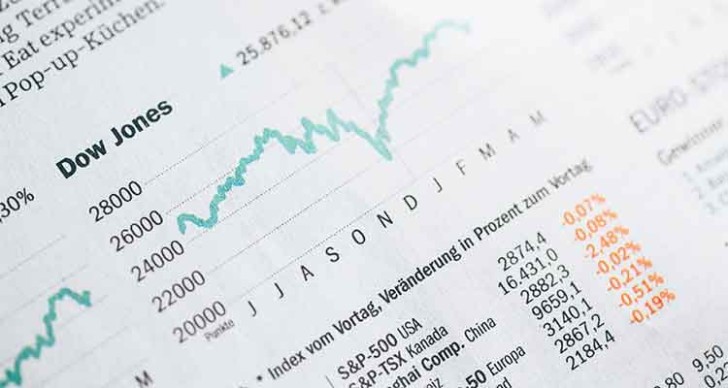When embarking on a smart city journey, it’s important to have a global vision and strategy. Defining the number of bike lanes or a waste management policy comes after we have decided what kind of a city we want to build.
When discussing the subject of
smart cities, we often speak about the relationship between citizens and technology. It has been repeated many times that smart cities are not just about technologies, they are about people. Or in other words, a smart city is not a high-tech city, it’s a city that puts people first. The main goal of a technology, in a smart city context, is to provide solutions for the unique challenges this city has to face. Why are economy and money so relevant to
smart city implementation? It’s actually pretty simple, for a city to function well, its economy has to work. Each city has to find its most efficient operating model. What might work for one won’t do the trick for the other.
Smart city implementers have to keep an open mind when it comes to financing their projects. That’s why the private sector and the public-private partnerships are so important for finding funds for smart projects. It’s about keeping an open mind to new opportunities for cities and entrepreneurs alike.
Smart City Ecosystem
The European Commission’s
Economy 4.0 initiative aims to raise more awareness about digitalization and networks, and the potential they have for future business growth. As a concept that has grown out of Industry 4.0 and how the Fourth Industrial Revolution has changed the workforce and work ecosystem itself, it has also been called the
knowledge economy. According to
Albert Sorrosal, the professor of the module on financing strategic projects in the Master’s in Global
Smart City Manager, for the first time in history the countries share common goals as defined by the 2030 Global Agenda for Sustainable Development. The question is how this shared strategy at the global level is later translated into strategies at national and regional levels. At the local level, cities must have their own strategies that contribute to these global strategies. Any city that doesn’t have a 2030 horizon vision plan, will hardly be able to develop smart strategies in all senses.
Holistic strategic smart city vision is also important for economic prosperity, or as Albert Sorrosal explains: “A city can have all the technology in the world, but if people don't have jobs, if the economy doesn't work, it's of no use.” In that sense, we must understand that a smart city is a city capable of developing a diverse ecosystem, an ecosystem in which there are all kinds of companies that can function. Here the fundamental question is how to introduce the culture of innovation in companies. It doesn't matter what company you are managing; it doesn't matter what production system you have in the city. Companies must incorporate this innovation gene into their approaches to remain competitive in the marketplace. There is an increasingly competitive environment where new ideas emerge. A business idea that can be super profitable now may be totally obsolete in five years. In today’s rapidly changing environment, there’s no time to rest on the laurels. Therefore, we have to introduce the innovation culture in the business scene. It's through the innovation culture that all individuals and companies contribute to the greater smart city strategy. In many ways, private sector will always be more agile and able to react faster to changes than the public sector. Their most sustainable competitive advantage is to learn faster than the main competitors. But companies do not learn without people who learn. So we are already putting the focus back on people and how important they are to generate value in 4.0 economy.
How to obtain funding for your smart city project?
As an expert in financing models with over 20 years of experience working for European Commission,
Albert explains that the European Union has very clear policies for funding projects in several areas, such as social inclusion, technological development, and research in sustainability in particular. But the EU is not alone in the world:
the strategies of the big countries and big international institutions are all converging in the same way of working with this same strategic approach. To obtain the funding, the stakeholder must make sure the project contributes to the general cascade strategy of the city that starts with the objectives of sustainable development agenda 2030 and continues with the local strategies of each city. When defining the strategy of a city, the aim shouldn’t be to be like Barcelona, Chicago or London. Each city has to develop its own strategy of competitive specialization and identify its strengths or those strong points where it can generate emerging ideas that can help develop the city. Each city has to find its own areas in which it can develop its autonomy, sustainability, social issues and so on. On the other hand, apart from the funding from major international contributors, public-private cooperation is increasingly the subject of leveraging public funds with private contributions. This is an opportunity that cannot be missed from the point of view of municipal management. On a final note, we could say that
smart cities are more about open minds than open data. Especially when it comes to finding innovative ways to finance projects. A city is an ecosystem where every player has a part to play and this ecosystem wouldn’t work without the contribution of its companies and citizens. So answering the question in the title, the focus on knowledge brought about by the
Economy 4.0 is the biggest enabler of smart city projects. Autor: Albert Sorrosal. Master's in Global Smart City Manager professor.


